Why Reliable Sources Matter in Building a Strong Research
When writing a research paper, literature review, or case study, choosing the right sources is critical to ensuring the accuracy and credibility of your work. Reliable sources are up-to-date, credible, and directly relevant to your topic, helping you build a strong foundation for your argument.
Types of Sources for Research
In research, there are generally three main types of sources that are commonly recognized:
Type of Source | Description | Examples |
Primary Sources | Original, firsthand accounts or evidence directly related to the topic. | Research studies, surveys, interviews, historical documents, original artworks |
Secondary Sources | Interpret, analyze, or summarize primary sources, providing context. | Review articles, biographies, textbooks, documentaries |
Tertiary Sources | Compile and summarize information from primary and secondary sources. | Encyclopedias, dictionaries, fact books, databases |
As you move through different stages of your project, the types of sources you need may change. But no matter the stage, there are three main places to find solid, trustworthy sources:
- Research databases for scholarly articles
- Your institution’s library for books and journals
- Other reliable online resources for extra insights
How to Find Sources for Your Research Paper in 5 Steps?
Here are simple steps to find references for research papers:
Step 1. Strategize Your Research Plan
Before you start searching for sources, take the time to develop a solid research plan. Clearly define your research goals, objectives, and the scope of your paper. Identify the specific aspects of your topic you want to explore and the questions you aim to answer.
Narrowing down your focus early will help you stay on track throughout the process. Look for key terms related to your topic, as these will become your search terms.
You can identify these search terms within the research paper title, thesis statement, and main headings of your research paper.
Step 2. Find the Relevant Keywords
Once you have your search terms, use them to identify relevant keywords. Keywords are important because they guide your search for information.
For example, if you’re researching renewable energy, you might use keywords like “solar power,” “wind energy,” or “alternative energy sources.”
Use search engines like Google or Bing for a general search, but for more academic and specific results, try using databases like Google Scholar or JSTOR. Remember that all keywords should be relevant to your topic.
Step 3: Conduct Initial Searches and Identify Potential Sources
Now that you have your search terms and keywords, use them to conduct initial searches on academic databases, library catalogs, and search engines. This step is about gathering a broad pool of sources that could be useful.
You’re not narrowing down results just yet—your goal is to find a variety of sources that align with your research topic. As you browse through the results, take note of sources that seem the most relevant and credible.
Step 4. Find Sources from Text
Once you have found some articles or texts that are relevant to your research topic, dig deeper into them to extract valuable sources. Look for citations and references within these texts that could lead you to additional credible sources.
Tools like Zotero, Mendeley, and EndNote can help you organize and manage your citations, saving you time and effort as you gather more sources.
Step 5. Explore Citations
As you read through the articles or books you’ve gathered, pay close attention to the citations and references they contain. These often point to other scholarly works that could add depth to your research.
Many academic articles also have a “related articles” feature that will help you discover additional sources. Exploring these citations will expand your research and give you a broader understanding of your topic.
After knowing how to find sources, you will need help citing them. Visit our blog to learn how to cite a research paper.
Now, let's take a look at the different sources you can use in your research paper to make it strong and credible.
Where to Find Sources for Your Research Paper?
When it comes to gathering sources for your research paper, there are several reliable places to look. Let’s look at each in detail:
#1 Research Databases
Research databases are specialized search engines that provide access to a wealth of scholarly articles, journals, books, and other academic resources. These databases are one of the best places to find credible, peer-reviewed sources for your research paper.
- Why Use Them?: Research databases provide access to academic resources not found in regular search engines. They offer credible, peer-reviewed journals, articles, and research papers from experts.
- How to Use Them: When searching in a database, start by using specific keywords related to your research topic. Many databases allow you to filter results by publication date, type of source, and subject, making it easier to find relevant materials.
Here are examples of databases that cover different types of academic fields.
Type of Database | Examples |
Scientific Databases | |
Multidisciplinary Databases | |
Social Science Databases |
#2 Your Institution’s Library
Most universities and colleges offer access to a variety of academic resources through their libraries. Institutional libraries are equipped with both physical books and digital resources, making them an excellent place to find sources for your research.
- Why Use It?: Your library gives you free access to journals, eBooks, and research databases that may not be available online, often through student subscriptions.
- How to Use It: You can either visit the physical library to check out books or use the online library portal to access digital resources.
Most libraries have an online catalog where you can search for books, articles, or journals by title, author, or subject. Ask a librarian for help if you're struggling to find relevant materials, as they can guide you to specific resources.
#3 Online Journals and Articles
In addition to research databases, you can find valuable sources through online journals and websites that specialize in scholarly articles. Many journals have their own websites where they publish current research.
- Examples:
- Why Use Them?: Online journals publish the latest research across various fields and often offer free or open-access articles. This makes them great for finding studies directly related to your topic.
- How to Use Them: You can often search for articles using the journal’s search function. Use advanced search features to narrow down your results by date, author, or keywords.
Some journals may allow free access to older articles, but more recent articles might require a subscription or payment.
#4 Books (Printed and E-books)
Books can provide in-depth information on your topic, offering a broader context and historical perspective that shorter articles or papers may not cover.
- Why Use Them?: Books often provide a more comprehensive treatment of a subject, allowing you to delve deeper into background information, theories, methodologies, and case studies. Both printed and eBooks can be great sources for theoretical background or detailed explanations of complex topics.
- How to Use Them: You can find books through your institution’s library or online platforms like Google Books, Project Gutenberg, or Open Library. Search by topic or author to find books related to your research. When using eBooks, look for academic publishers or reputable sources to ensure credibility.
#5 Government Publications and Reports
Government agencies often produce reports, studies, and publications that are valuable sources for research papers. These sources include statistics, official documents, white papers, and policy reports.
- Examples:
- Why Use Them?: Government publications are generally trustworthy and provide factual, data-driven insights. They can be especially useful for topics related to public policy, health, economics, and social issues.
- How to Use Them: Many government websites have dedicated sections for publications, which you can access for free. You can also find specific reports by searching through databases like GovInfo or Data.gov.
#6 News Articles
For research topics that require up-to-date information or cover current events, news articles can be an excellent resource. Major newspapers, magazines, and online media outlets often cover the latest trends, studies, and research in various fields.
- Examples:
- Why Use Them?: News articles provide information about the latest developments in specific fields, making them a good option for topics related to contemporary issues. However, make sure to evaluate the credibility of the source and avoid using unreliable tabloids or biased media outlets.
- How to Use Them: Most news websites have a search function where you can look for articles on specific topics. You can also access archives or databases that collect major newspaper articles, such as ProQuest or NexisUni.
#7 Academic Blogs and Websites
While blogs may not always offer the same level of authority as academic journals, there are many reputable blogs and websites written by experts in their fields. These can provide valuable insights, commentary, and research findings.
- Examples:
- Why Use Them?: Academic blogs often present research findings in a more accessible format and may even discuss new studies or ongoing debates in a particular area. These blogs can be a great supplement to peer-reviewed articles.
- How to Use Them: When using blogs or websites, always check the credentials of the authors and look for posts that are cited by other experts in the field. Reputable academic institutions and research organizations usually provide reliable information on their official blogs.
Which Sources Should You Avoid?
Now, let's talk about which sources you should stay away from and why when you're doing your research.
Source Type | Why Avoid? |
Wikipedia | Don't trust it because anyone can change it, and the facts might not be right. |
Personal Blogs | Avoid these because they're just personal opinions and not always checked by experts. |
Social Media | Not the best for serious research; info on Facebook or Twitter might lack important details. |
Commercial Websites | Be cautious because sites selling things might care more about sales than accurate info. |
Unverified Online Forums | People on forums might not always know what they're talking about; double-check with better sources. |
Outdated Sources | Old info might be wrong now; check when it was written, especially in fast-changing areas. |
Biased or Advocacy Websites | Avoid these for a balanced view; some websites have a strong opinion, so check other sources. |
Try to stay away from the above sources. At first glance, they might look reliable and trustworthy, but as you dig deeper, the provided facts and figures might not be true at all!
To wrap up, finding reliable sources is crucial because it ensures your research paper is accurate and trustworthy. Good sources provide a strong foundation for your arguments, making your work more credible.
Whether it's research databases, libraries, or trusted websites, there are plenty of places to find valuable information for your paper.
If you're still having trouble narrowing down the right sources, consider getting some help. At SharkPapers.com, we take research papers seriously, and our track record of exceptional results speaks for itself.
Our skilled academic writers can help you find the best sources for your research work and handle your “Write my research paper” request with ease!
Just visit our paper writing service?, inform us about your requirements, and we’ll handle the rest!
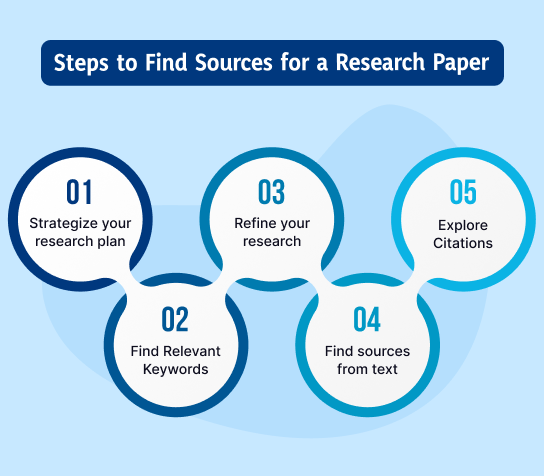

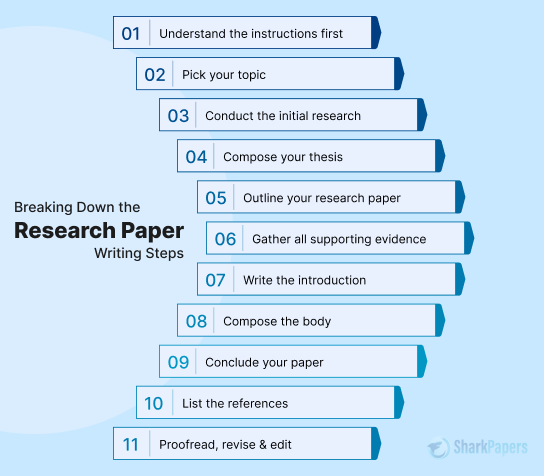






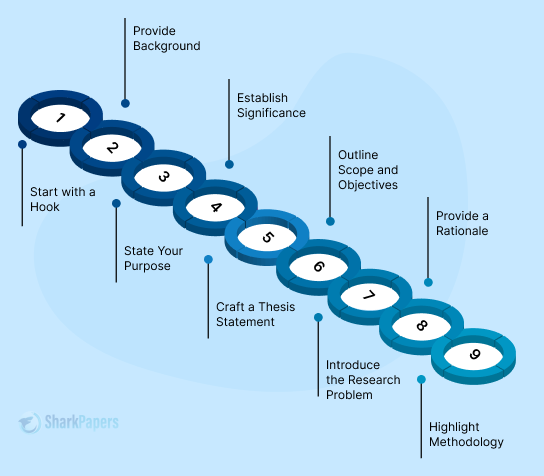
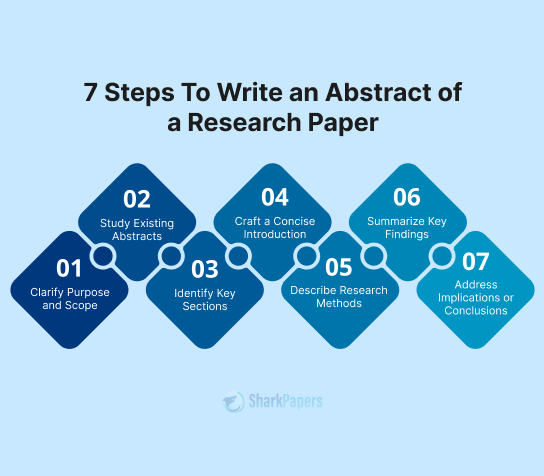
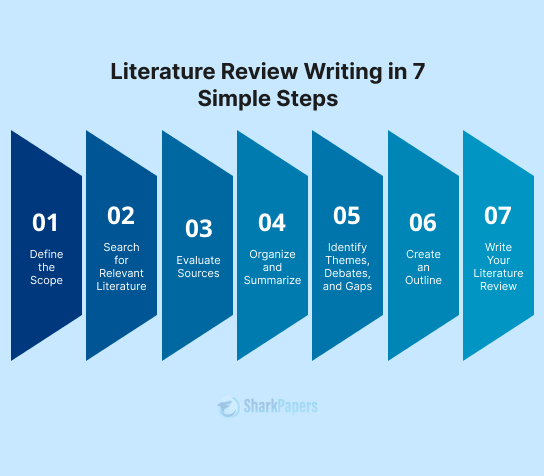
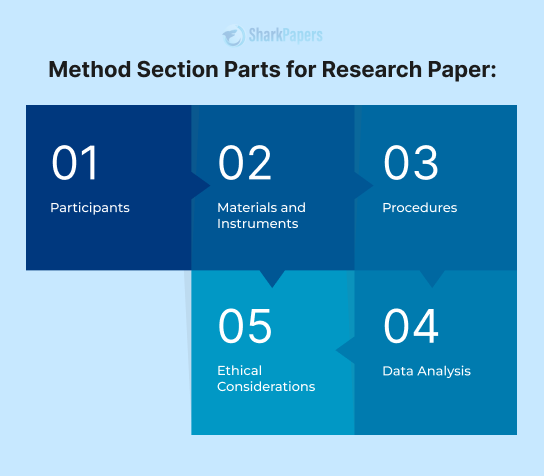
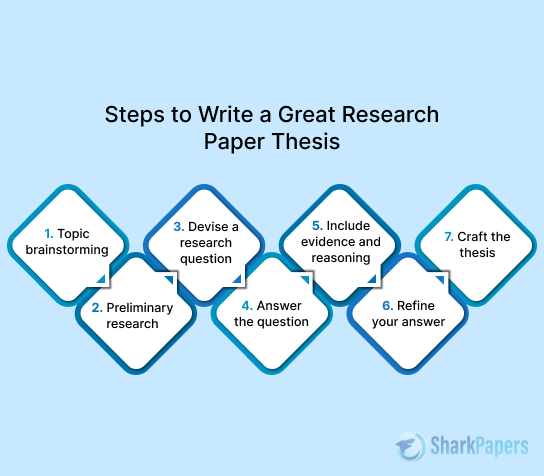
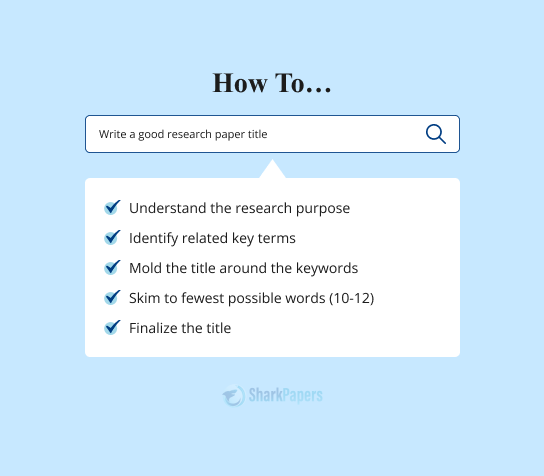
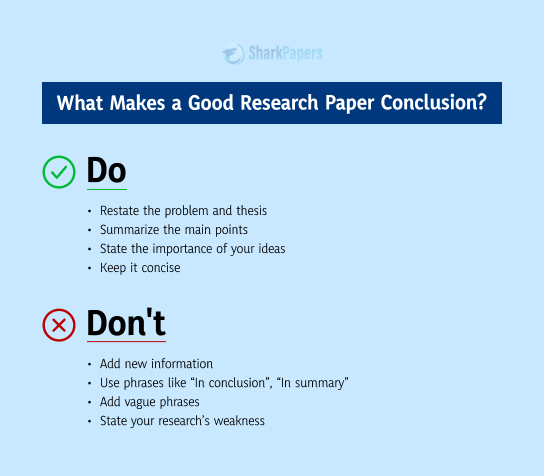
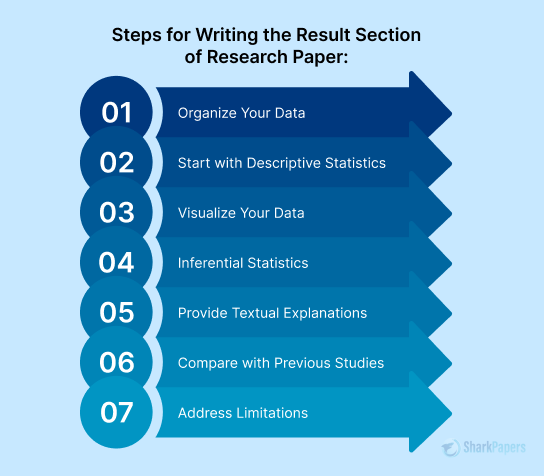
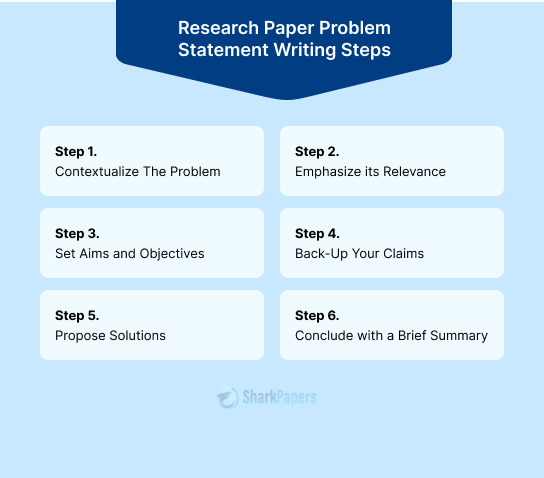
)
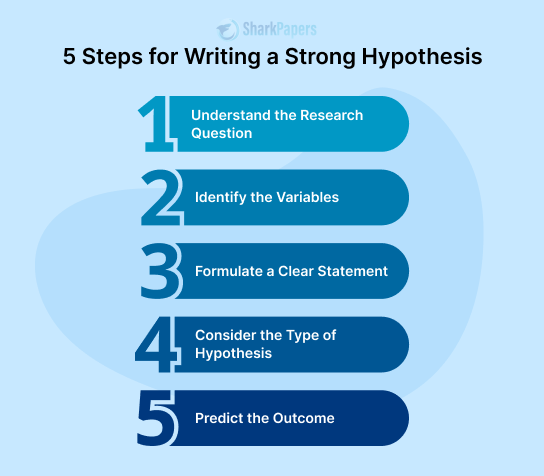
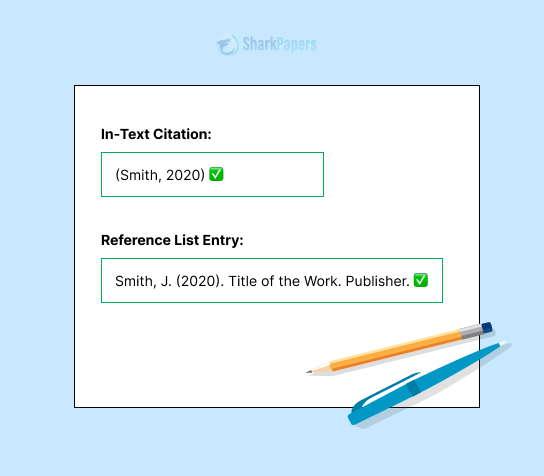
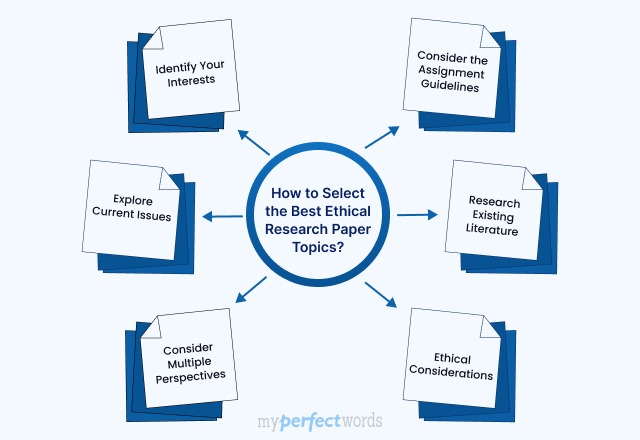
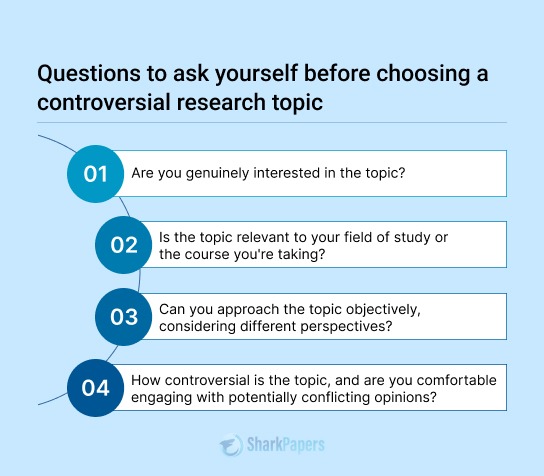
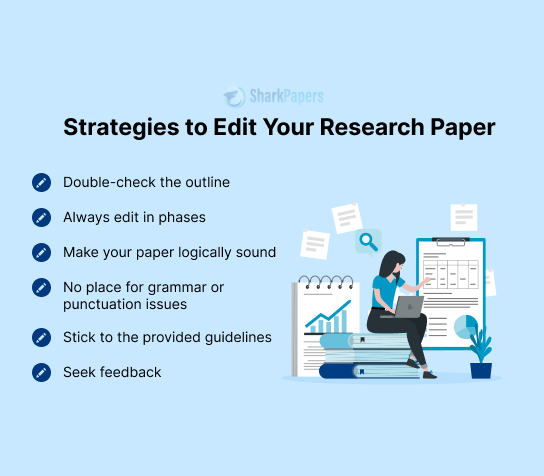
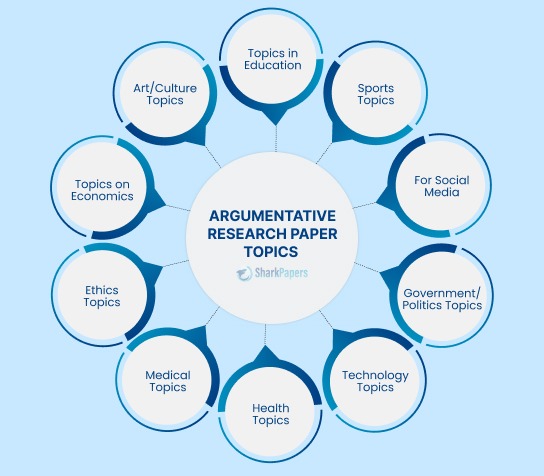
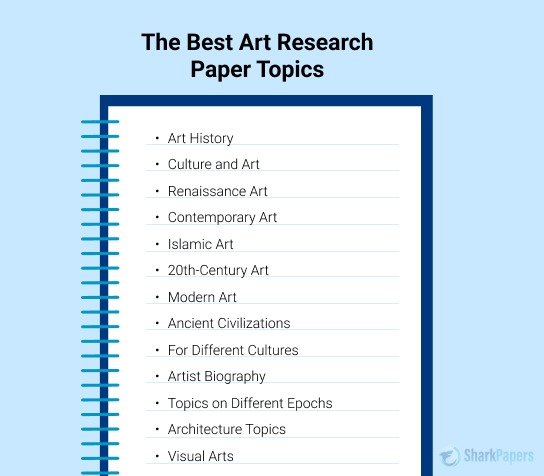
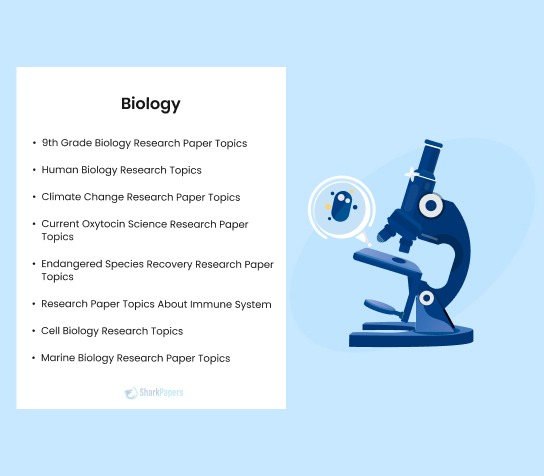
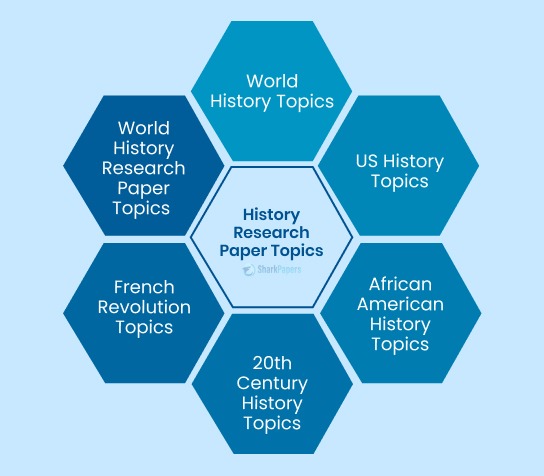
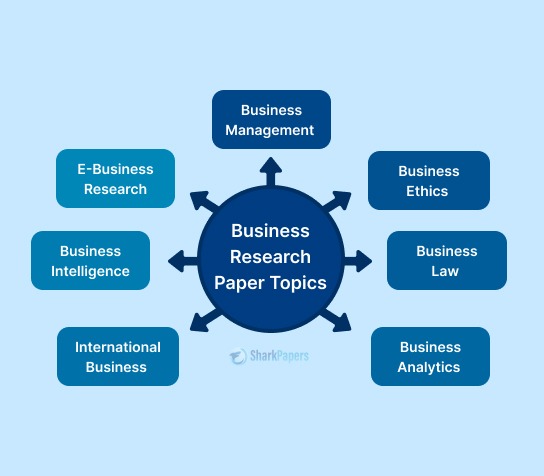
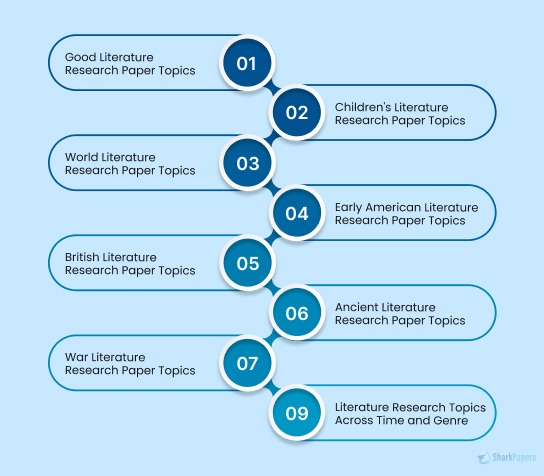
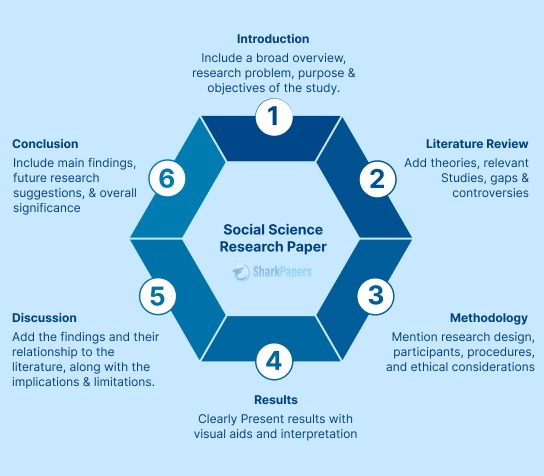
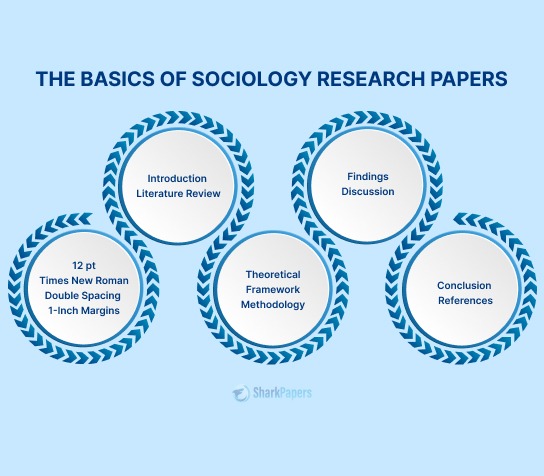
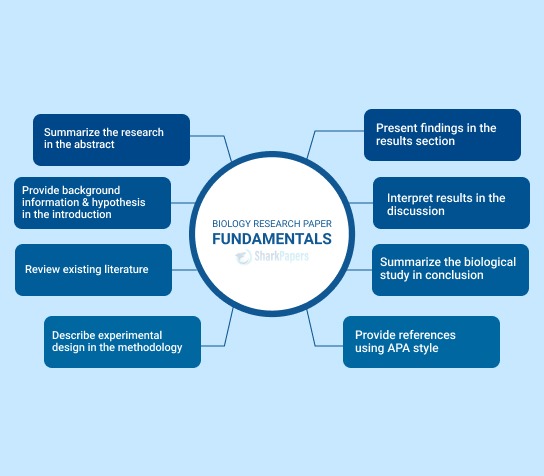
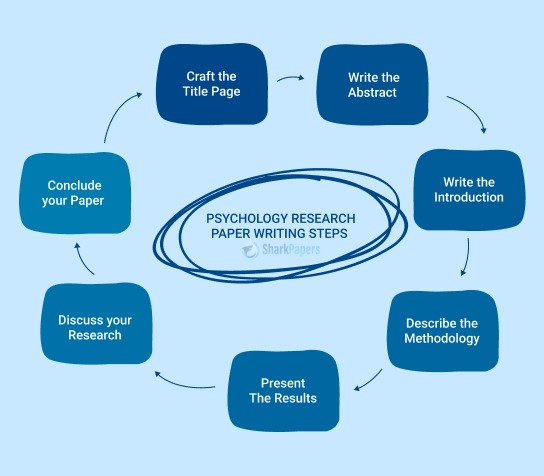
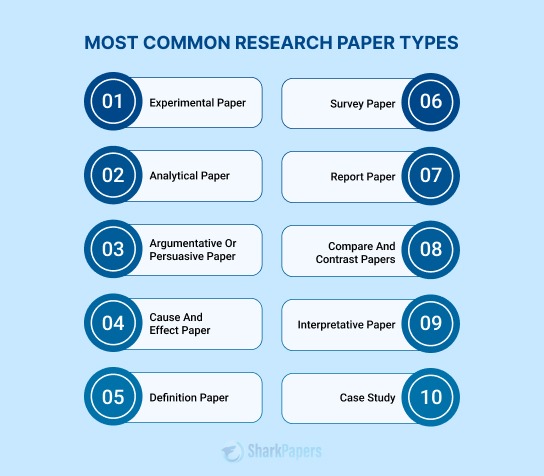

















-12114.jpg)














 Not seeing it? Check Promotions or Spam — inboxes get protective.
Not seeing it? Check Promotions or Spam — inboxes get protective.